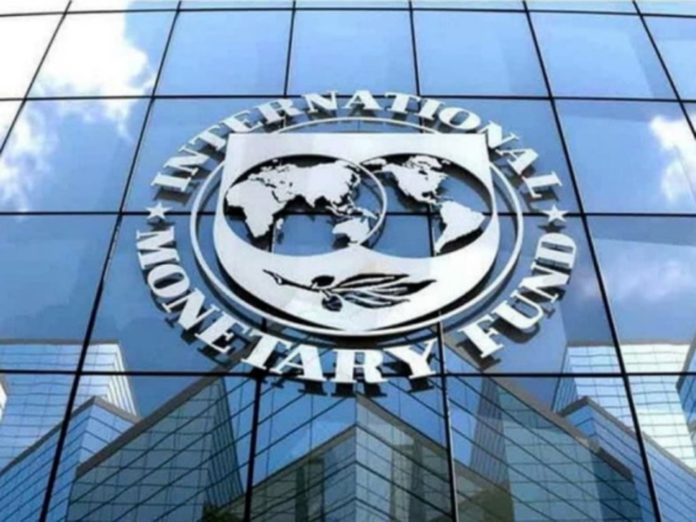The International Monetary Fund (IMF) has described the government’s decision to increase the Energy Sector Levy on each litre of petroleum products in Ghana as prudent.
According to the IMF, the measure could help reduce the country’s energy sector debt and improve its fiscal deficit position and should therefore be welcomed.
Speaking at a news conference in Washington, DC, the IMF’s Director of Communications, Julie Kozack, stated, “This new measure will help generate additional resources to tackle challenges in Ghana’s energy sector.”
“We also believe that this will help bolster Ghana’s ability to deal with fiscal challenges,” she added.
Background
President John Mahama on Thursday, June 5, 2025, signed the Revised Energy Sector Levy (Amendment) Bill, 2025, into law after it was passed by Parliament.
This allowed the Ghana Revenue Authority (GRA) to begin enforcing the revised levy from June 6, 2025. However, following concerns raised by the Chamber of Oil Marketing Companies (COMAC) over implementation challenges, the GRA postponed enforcement to July 16, 2025.
Under the new amendment, consumers of petroleum products will now pay GH¢1.96 as the revised Energy Sector Shortfall and Debt Repayment Levy on each litre of fuel sold at the pump.
COMAC has warned that implementing the levy will raise the average price of petrol from GH¢11 per litre to approximately GH¢13 per litre.
Status of Ghana’s Fourth Staff Review
Also at the press conference, Madam Kozack disclosed that the IMF Board is expected to consider Ghana’s Fourth Review report under the Extended Credit Facility arrangement in early July 2025.
She indicated that if the Board approves the staff report, Ghana could receive a disbursement of approximately US$370 million.
“Subject to Executive Board approval, Ghana will have access to US$370 million, bringing the total IMF financial support disbursed under the programme since May 2023 to US$2.355 billion,” she stated.
Sources close to the IMF told JOYBUSINESS that, once approved, the funds will be released directly to the Bank of Ghana’s account.
The IMF maintains that since the beginning of the year, Ghana’s new authorities have implemented bold reforms to correct past policy slippages and meet programme targets. These include the enactment of strong budgetary and public financial management reforms, tighter monetary policy, and electricity tariff adjustments.



